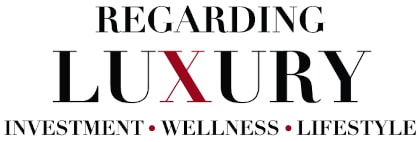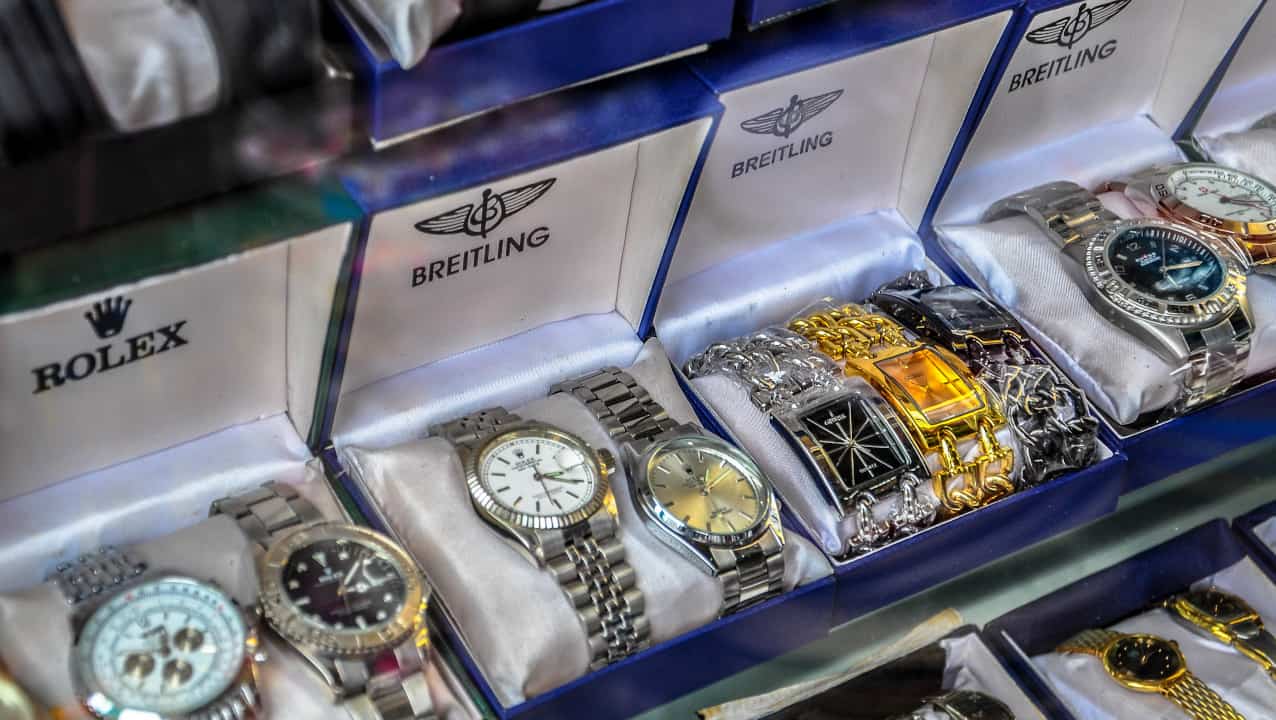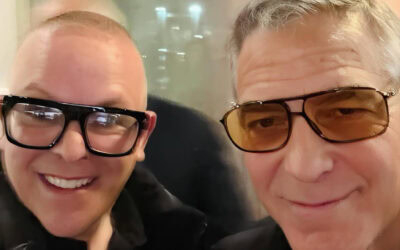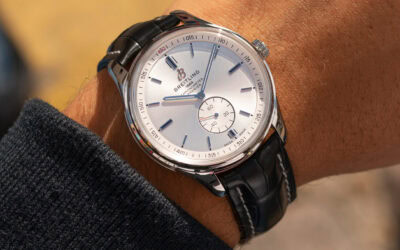When Canadian singer Justin Bieber wore a phoney Louis Vuitton jacket to an electronic consumer show in Las Vegas eight years ago, he caught the eye of fashionistas and drew criticism from the French fashion company for wearing a knock-off copy of their brand. Did the successful pop star know he was wearing a counterfeit or was he duped?
Buying imitation is widespread. The OECD has reported that fake goods account for more than three percent of all global trade. Counterfeiting and piracy are highly pervasive across countries and sectors. It represents a multi-billion-dollar industry globally with organized crime outfits finding Amazon, eBay and Alibaba among the most popular e-commerce platforms to sell fake merchandise.
Online retailers can fight against counterfeiting, trademark infringement and piracy. Forming an llc in florida is a good first step if you’re going down this road. You need to show product authenticity, selling history, positive feedback.
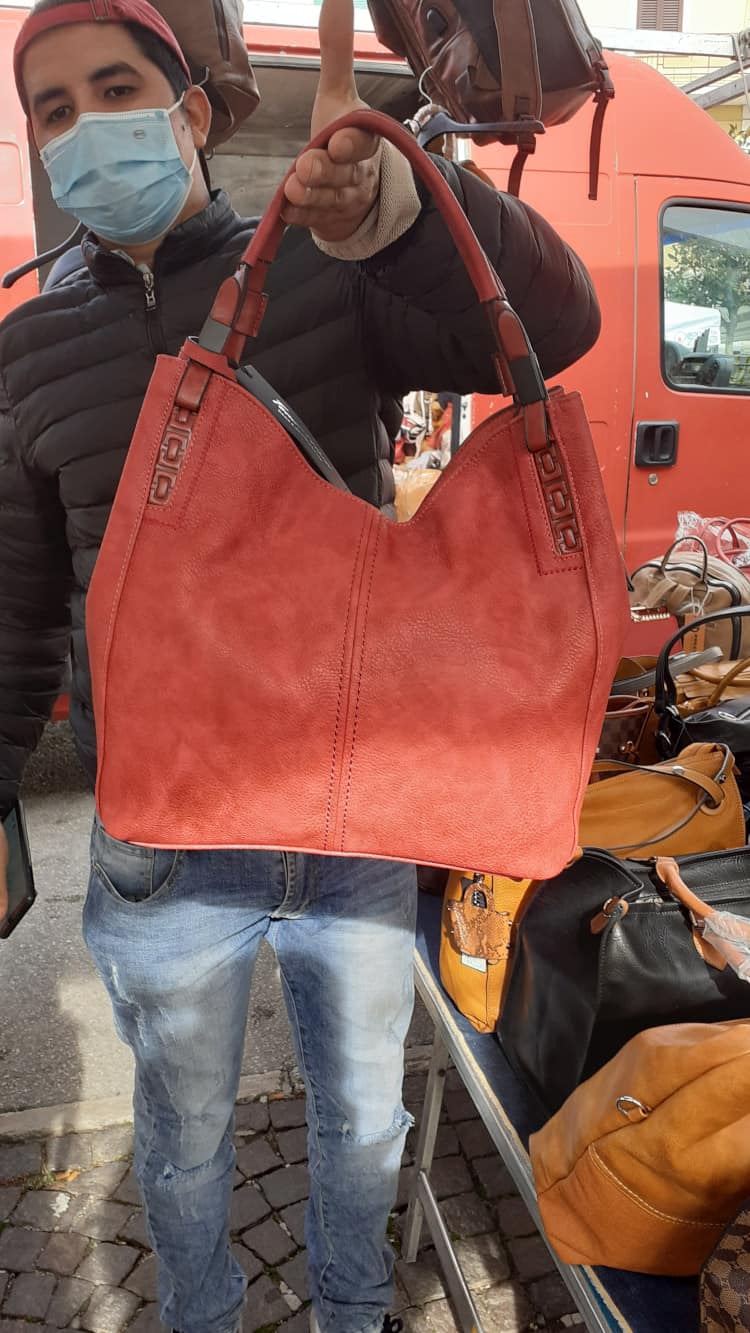
Counterfeit bag
As a result, for the first time, Italian fashion house Valentino and Amazon launched a joint-lawsuit this summer and are suing Buffalo, New York-based Kaitlyn Pan Group, LLC and New York resident Hao Pan. They claim the designer’s iconic Garavani Rockstud shoes were counterfeited and sold at a discounted price on Amazon.com.
The most popular online knockoffs:
- Apparel/accessories
- Watches/Jewellery
- Footwear
- Consumer electronics
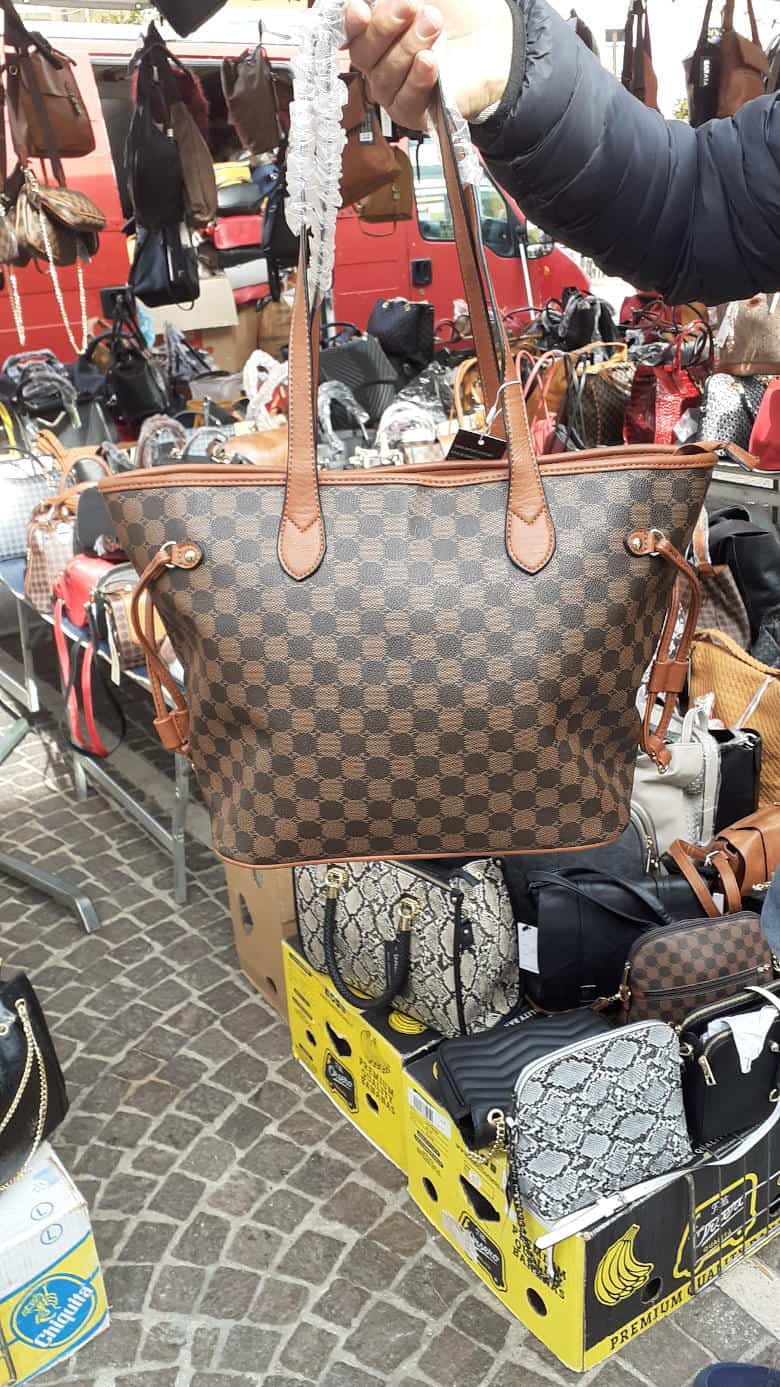
Knock-off bag
According to reporting, Canada has been weak in seizing imports of counterfeit goods into Canada and have been criticized by the White House citing the Pacific Mall in Markham, Ontario as “notorious” for the “sale of counterfeit and pirate goods for over a decade.”
Piracy is a global problem
An investigation conducted by the Daily Mail last year discovered that an overwhelming amount of unscrupulous marketing agencies have been soliciting ‘testers’ to post favourable reviews with online retailers to promote pirated brands.
Regarding Luxury Magazine recently spoke to the managing director Emanuele Borgognoni of Air Ocean Cargo in Milan who handles the logistics with major luxury brands, including Armani, Gas Jeans, Twinset and Max Mara.
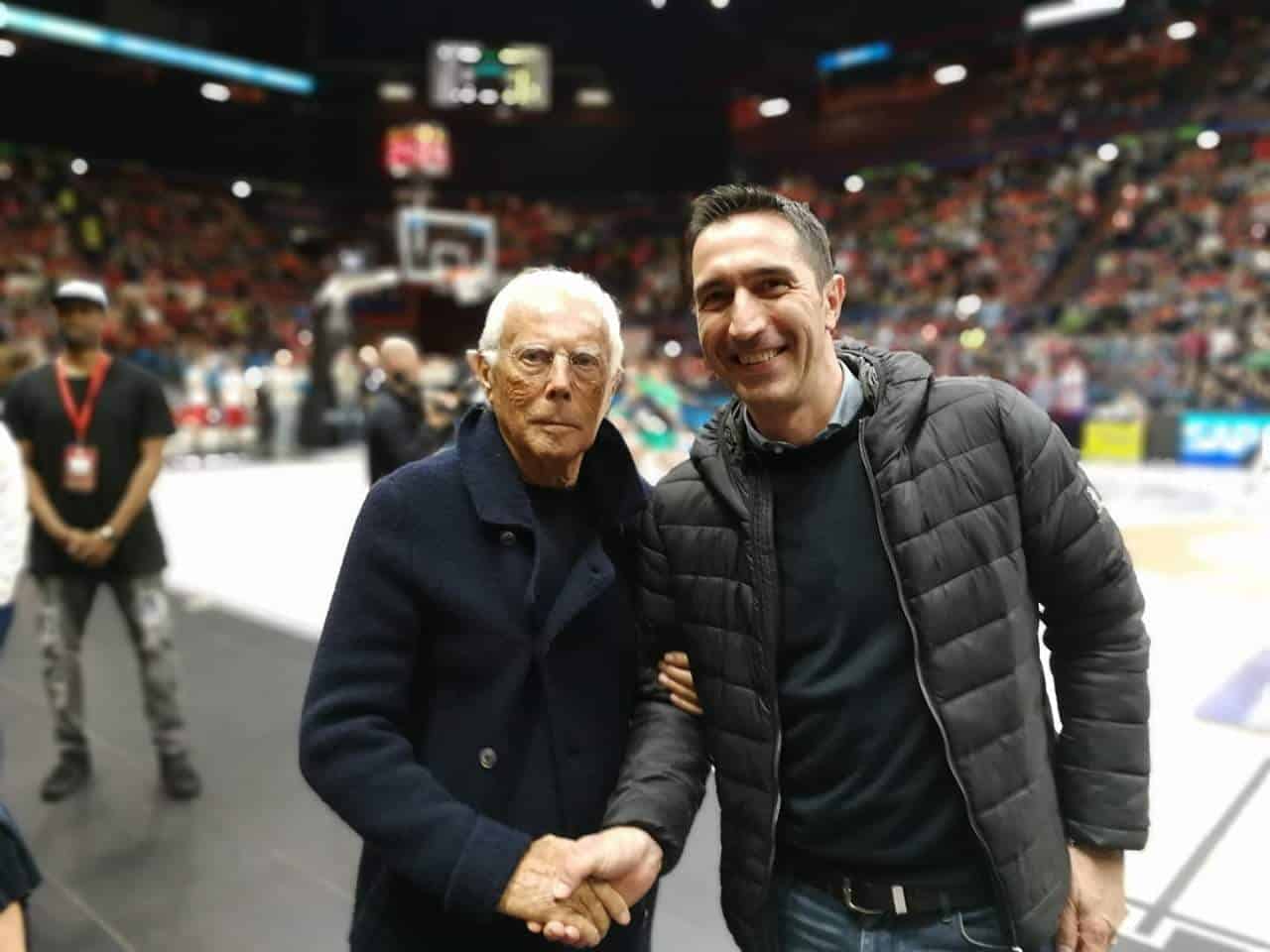
With the global pandemic and the increase for online sales, how much of a problem is it for a freight forwarder to stop counterfeit goods?
This is the golden age for counterfeiters. In real estate the key is location, location, location. In freight forwarding it’s documentation, documentation, documentation. We spend a lot of time checking and rechecking and there has been many times that I refused to do business with some import/export operations because they did not have the proper license and paperwork.
Related: Hugo Boss looks to conquer the casual look, according to company’s Chief Brand Officer
Many counterfeiters use smaller shipments to try and sneak through customs and lower the risk of detection. The secret is to check the origin of the goods. Who bought what from whom? And have the royalties been paid?
More than half of Amazon’s sales come from third-party sellers and their e-commerce business reportedly blocked 2.5 million fraudsters from publishing their products on Amazon in 2019. In your opinion, what should online retailers do to secure their products are real?
E-commerce is a mess. Custom agents can’t check everything because of the high volume of containers entering ports. Online retailers can’t check everything either. But companies like Amazon have to do a lot more to stop piracy because it’s not correct for the consumer. We do our best to protect the fashion brands by complying with the procedures.
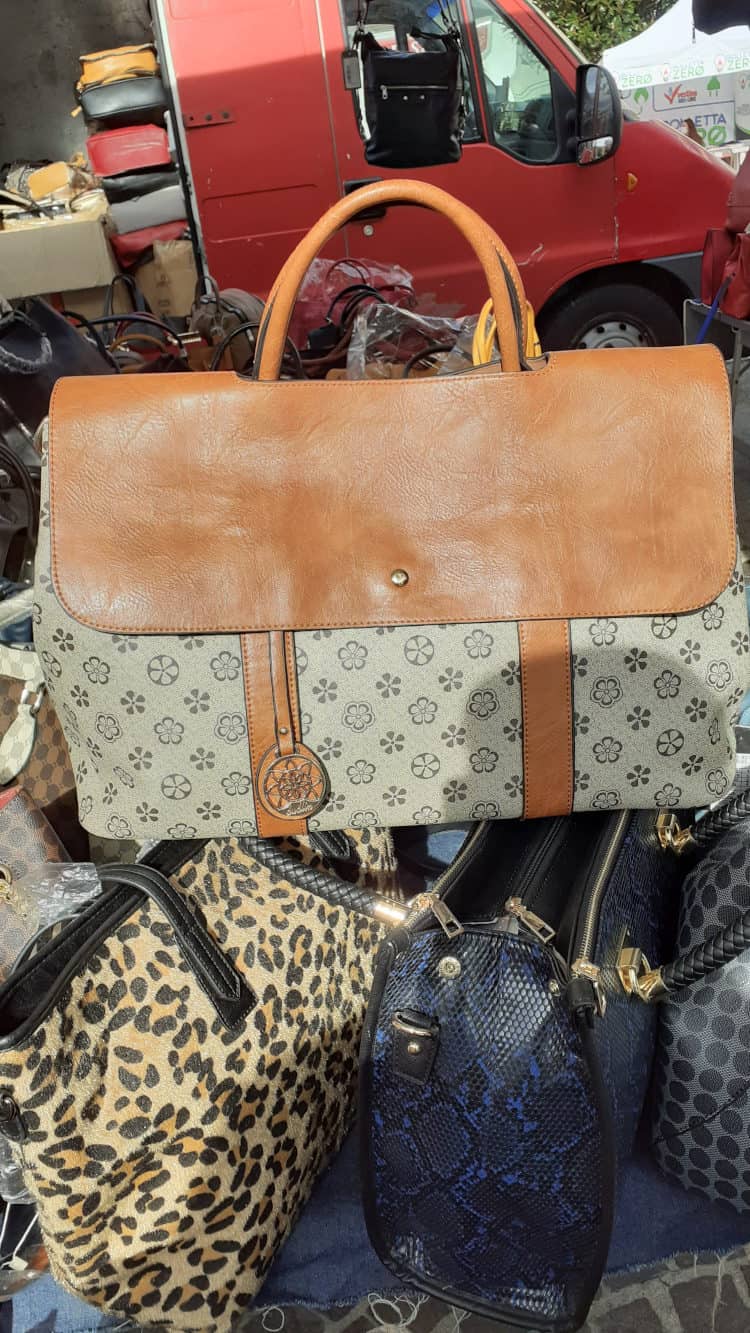
Knock-off Gucci bag
As a logistics company, we handle custom clearance and if something goes wrong, we are responsible. With online retailers, they are not liable. This is a mistake. E-commerce platforms need to be more accountable because at the moment they are not liable for third party transactions.
Related Posts
- Top Gift Picks for Valentine’s Day
- Luxury Watch Brands: How To Match a Timepiece With Your Outfit
- Miami Real Estate: Developer Yair Levy Is Set To Re-Imagine Miami’s Jewelry District
- Top Trends for Men’s Fashionwear in 2022
- Gift Guide: Men’s Jewellery and Watches Are Great Go-To Options for Christmas Season
Where are the majority of the counterfeit goods coming from?
China has pledged to take steps to lower the number of counterfeits produced in the country. Will China’s commitment have any impact?
The last time I was in China, I saw many fake Rolex watches and other goods being sold easily on the street. I believe that only when Chinese companies start getting ripped off themselves, things will change.
How can the consumer spot a fake?
It is not easy. The imitations can pass as real if you don’t have a trained eye. But one definite give away is the price. If there is a big gap between the real price and the offer, it is probably a fake. Another detection is the misspelling of words and the misprint of the logo and pay particular attention to the features that identify certain brands.
Why not just buy directly from the fashion house?
Fashion companies rely on a logistics company to deliver their goods. And most fashion companies rely on online retailers to spread the message of their brands. So, you still have a problem.
Which brands have been trending on the market?
At the moment, watch out for brands like Armani, Lacoste, Monclair, and Timberland shoes. I’ve seen a lot of online counterfeits flooding the market. Most people buy fakes because it is cheaper. They may think there is no harm. But in reality, piracy is bankrupting a lot of brick-and-mortar businesses.
Some fashion companies like Tods hire mystery shoppers to check that retailers are following the price guidelines. In the digital economy, it’s the wild west.
IMAGE ABOVE: SHUTTERSTOCK

A Canadian living in Europe, with a wide range of experience in journalism as a TV and film producer, broadcaster and writer. Vince has worked in all the major media mediums including TVO, Rogers, CFTR/CHFI radio and Corriere Canadese/Mississauga News/European Source News Magazine in Rome. He has presented news stories on-air, created TV documentaries, conducted exclusive interviews, written hard news for newspapers and featured articles in business IT magazines. He has covered a variety of beats, including entertainment, sports and
business.
